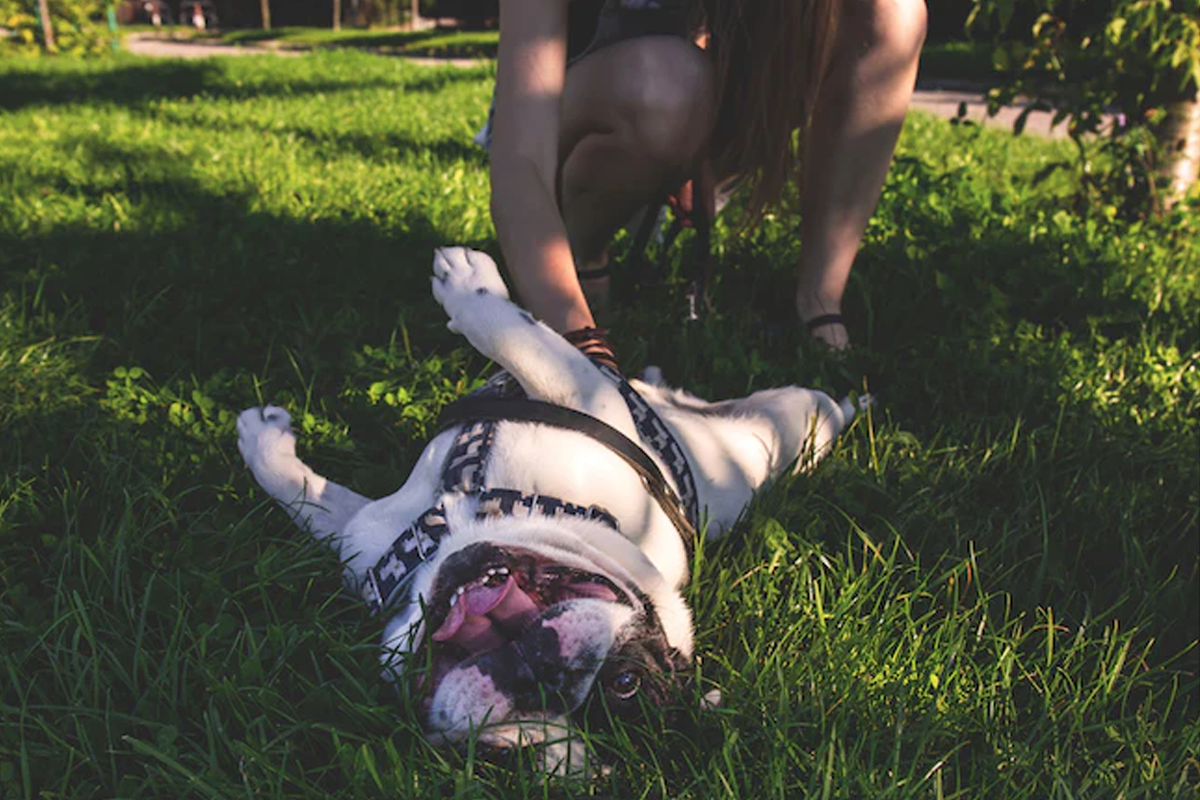Arthritis can be caused by a number of factors, but the most common cause is the simple wear and tear on your dog’s joints over the years. They simply wear out. Veterinarians and physicians sometimes call arthritis, osteoarthritis or degenerative joint disease.
Motion in dogs is the result of biological hinges – two slick, smooth surfaces coating the bones that form each joint. The ends of the bones that form all movable joints are formed of a cushiony layer of cartilage that is coated by a slick slippery membrane called the synovium. To reduce friction, the space in between is filled with an oily fluid; and the whole structure is bound together with a series of fibrous tissue and ligaments.
Joints are capable of natural repair. But as we age, this repair process becomes less and less successful. With years of repeated movement, several things begin to happen. The fibrous elastic sheets and the ligaments begin to stretch, allowing the bones that form the joint to rattle slightly as they move. This in turn bruises and erodes the joint surfaces causing inflammation. And as these surfaces continue to move, the inflammation causes new bone to be laid down where it does not belong, causing pain, and bone to be reabsorbed from where it is critically needed. This is called remodeling and it is a vicious painful cycle.
Arthritis is the medical term for inflammation of the joints, while osteoarthritis is the term referring to a form of chronic joint inflammation caused by deterioration of joint cartilage.
The problems that lead to arthritis begin early in your dog’s life. But because joints are tough and reparative, you probably will not notice pain or lameness in your dog during its younger years.
As dogs guard their sore joints, the muscles and ligaments contract, decreasing the joint’s range of motion. You may notice that your dog no longer jumps up on sofas and chairs as it once did. One common symptom of age-related arthritis is that joints tend to be stiffer and more painful after periods of rest, and that pain tends to work out during the day. By evening, your pet may be its old self again.
Critical Immune Defense
w/ Turkey Tail, Reishi, Shiitake, & Maitake Mushrooms + White Turmeric Root Extract
Fight Viruses, Diseases and Cancers
Learn MoreAdvanced Hip + Joint Complex
w/ Green-Lipped Mussel, Sea Cucumber, & MSM
Relieve Your Dog's Arthritis + Joint Pain - Fast & Highly Effective!
Learn More
Arthritis problems tend to be worse in overweight pets. Some of their panting after a long walk can be due to arthritis pain and not just the overheating and out-of-shape problems that obesity produce. Cold days and dampness tend to make the problem worse as well.











